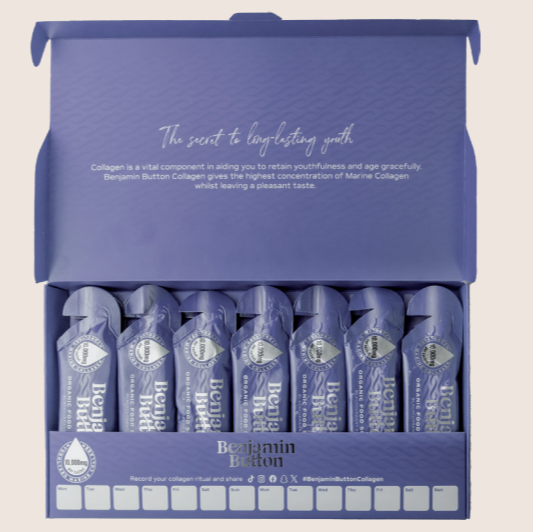Understanding Stress-Related Hair Loss
Stress-related hair loss, often referred to as telogen effluvium, occurs when the body experiences intense stress, leading to temporary hair shedding. This condition can affect anyone at any age and can be triggered by various factors, such as personal issues, health problems, or sudden life changes. When we’re stressed, our body goes through physiological changes that impact hair growth cycles, leading to noticeable thinning or bald patches. Understanding this condition is the first step in combating it effectively.Effective Tips to Combat Stress-Related Hair Loss
1. Incorporate Mindfulness Practices
Mindfulness is a powerful tool in managing stress levels. Integrating practices such as meditation, yoga, or even simple deep-breathing exercises can have a profound effect on your overall well-being.- Meditation: Spend a few minutes each day focusing on your breath. This helps in calming the mind and easing tension.
- Yoga: Practising yoga can help in increasing flexibility, improving circulation, and releasing pent-up stress.
- Deep Breathing: Engage in deep breathing exercises. Inhale deeply through the nose, hold for a few seconds, and then exhale slowly through the mouth.
2. Maintain a Healthy Diet
Nutrition plays a crucial role in maintaining healthy hair. Consuming a balanced diet rich in vitamins, minerals, and proteins supports hair growth and strengthens hair follicles.- Omega-3 Fatty Acids: Found in fish, flaxseeds, and walnuts, these healthy fats promote a healthy scalp.
- Vitamins A and C: Found in fruits and vegetables, these vitamins help in sebum production, which moisturises the scalp.
- Zinc and Iron: These minerals are essential for hair health and can be sourced from lean meats, legumes, and dairy products.
3. Regular Physical Activity
Exercise is perhaps one of the most effective stress relievers. Regular physical activity helps release endorphins, the body's natural mood enhancers, which can alleviate anxiety and promote relaxation.- Cardio Workouts: Activities like running, cycling, and swimming can significantly reduce stress levels.
- Strength Training: Building muscle improves metabolism and can bolster confidence, reducing stress.
- Group Activities: Joining a class or a team can provide social support, which is crucial in managing stress.
4. Get Enough Sleep
Lack of sleep can worsen stress and lead to hair loss. Establishing a consistent sleep routine is essential for both mental health and hair vitality.- Create a Sleep Schedule: Aim for 7-9 hours of quality sleep each night. Go to bed and wake up at the same time every day.
- Create a Relaxing Environment: Ensure your sleeping area is conducive to rest—dark, quiet, and cool.
- Limit Screen Time: Reduce exposure to screens an hour before bed to help improve sleep quality.
5. Stay Hydrated
Hydration is key for overall health, including the health of your hair. Dehydration can lead to brittle hair and exacerbate hair loss.- Drink Plenty of Water: Aim for at least 2 litres of water a day.
- Limit Caffeine and Alcohol: Both can dehydrate you, leading to increased stress and potential hair loss.
- Eat Water-Rich Foods: Incorporate fruits and vegetables like cucumbers, watermelon, and oranges into your diet.
6. Seek Professional Help
If you find that stress is overwhelming, it may be wise to consult with a mental health professional. Therapy can be an invaluable resource for stress management.- Cognitive Behavioural Therapy (CBT): This approach can help change negative thought patterns and reduce anxiety.
- Support Groups: Speaking with others who are experiencing similar stress can provide comfort and perspective.
- Medical Consultation: In some cases, underlying health issues can contribute to hair loss, so a consultation may be needed.






















